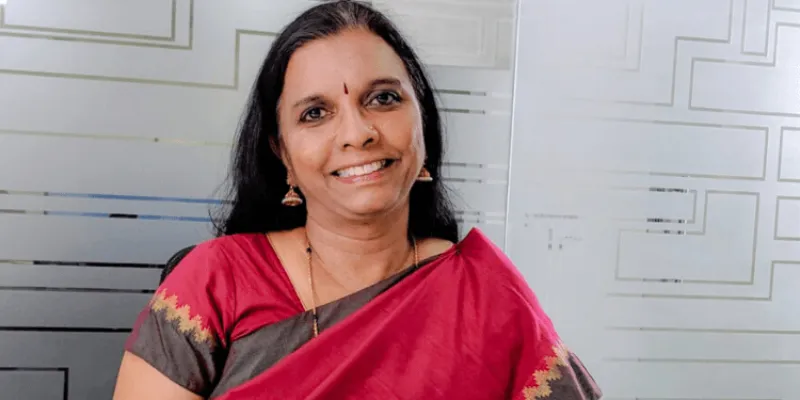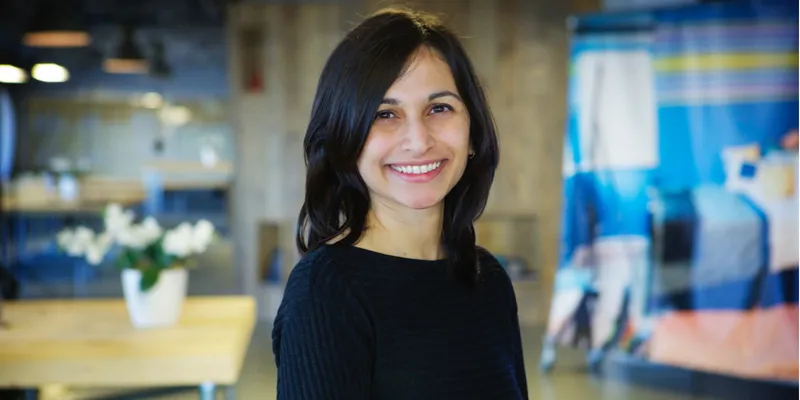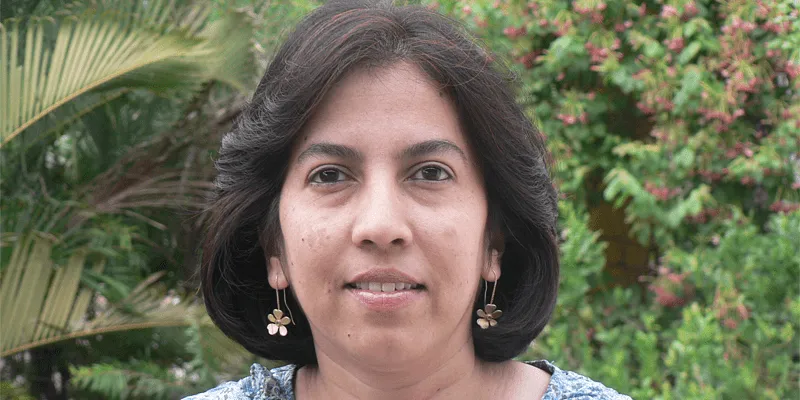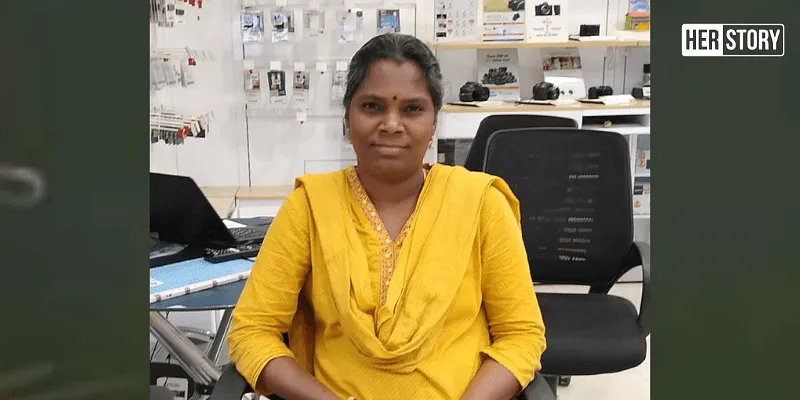These women are revolutionising the healthcare sector with innovative diagnostic solutions
From tech to medicine, you will find women entrepreneurs making inroads into the healthcare sector with diverse innovations. They are committed to solving problems and making life easier.
In India, women have started cutting-edge companies to address various facets of healthcare. In the Union Budget 2020-21, Finance Minister Nirmala Sitharaman proposed a Rs 2,23,846 crore budget outlay for health and wellbeing, compared to Rs 94,452 crore in the current fiscal, an increase of 137 percent.
The increased budget allocation is sure to create more opportunities and strengthen the healthcare sector.
Meanwhile, here are a few women pioneers in the healthcare sector who are changing the diagnostic landscape with some path-breaking solutions. They are inspiring others to follow in their footsteps, and bring new innovations to the healthcare sector.
Geetha Manjunath,

Geetha Manjunath
After completing her PhD from the Indian Institute of Science (IISc), Geetha Manjunath worked with Xerox Research Centre India as a Lab Director. As part of her job, she mentored machine learning and analytics researchers to innovate solutions in the healthcare, education, transportation, and customer care sector.
During this period, her cousin was diagnosed with advanced-stage breast cancer. Another of her younger relatives was also diagnosed with cancer.
This incident acted as a nudge, prompting Geetha to embark on her journey as an entrepreneur in the healthcare sector. She started looking for ways on how technology can help in early and efficient diagnosis of breast cancer. She started Niramai, which developed a novel, non-contact, and non-invasive breast cancer screening solution built on Thermalytix, its patented technology. It is safe, privacy-aware, portable, and enables detection of early-stage malignancy.
Dr Pooja Rao,

Pooja Rao, co-founder of Qure.ai
After completing her MBBS, Dr Pooja Rao also pursued a Ph.D in Neuroscience from Max Planck Institute, Germany.
Her portfolio as a data scientist includes experiences at GODataDriven, KolabTree, and Genomescan BV. At the European Neuroscience Institute, she was a research scientist for two years in bioinformatics, advanced data analysis, and neuroscience.
She was a resident doctor with the Aditya Birla Memorial Hospital responsible for emergency patient care in the intensive care and neurotrauma unit.
Her journey with Qure.ai began when she noticed the poor doctor-to-patient ratio in India. This made it difficult for patients to get an accurate and timely diagnosis. This led to the AI startup Qure.ai in 2016 with Prashant Warier.
Qure.ai focuses on two different products, QXR that reads chest and X-rays and detects chest abnormalities, tuberculosis, or lung infections, and QER that reads CT scans, head injuries, and intracerebral haemorrhage among other conditions.
According to Pooja, Qure.ai is focusing on making imaging like X-rays and MRIs affordable and accessible in India.
Dr Manjiri Bakre,

Dr Manjiri Bakre
Dr Manjiri Bakre lost her friend, who was only 30, to cancer within two years of her diagnosis. Despite her experience as a postdoctoral fellow at Moores Cancer Center, University of California, San Diego, she wasn’t able to understand the aggressiveness of her friend’s disease.
Determined to understand the extent of the disease, Dr Manjiri founded OncoStem Diagnostics Pvt. Ltd. in 2011.
The Bengaluru-based startup focuses on developing innovative tests in the personalised medicine space.
Its aim is to develop diagnostic tests that can predict the risk of cancer recurrence. It can help patients escape chemotherapy’s toxic side effects, in addition to being relatively cheaper.
“Over the past five years, we have studied data about the patterns of breast cancer recurrence in India and worldwide to understand what makes the cancer recur in some women while others respond well to treatment. Our flagship test, CanAssist-Breast is the result of five years of R&D involving multiple research collaborators in India and globally,” Manjiri told HerStory in an earlier interview.
The effectiveness of the test will be measured by an ongoing prospective study, the results of which will be published in seven years by Manjiri and her team.
The test has to be prescribed by clinicians and patients can avail it by contacting OncoStem.
Sasikala Devi, LungXpert

Sasikala Devi
After the first positive case of COVID-19 in India was confirmed on January 30, many private and public institutions were looking for the best ways to prevent, detect, and contain the spread of the novel coronavirus – which would be declared a pandemic two months later in March.
From the labs of SASTRA Deemed to be University in Thanjavur, Tamil Nadu, Sasikala Devi started working on a diagnosis tool kit for COVID-19. Holding a Ph.D. in Computer Science, Sasikala Devi pivoted her attention from deep learning in cryptocurrency to healthcare.
Her efforts in the field had resulted in the foundation of LungXpert, an affordable AI-based prognostic tool. The tool helps in the early detection of cardiovascular and pulmonary disease including COVID-19 infection.
Sasikala Devi’s efforts were recognised by Ajay Sawhney, Secretary, Ministry of Electronics, who said her innovation in rapid detection is “phenomenal.”
Edited by Rekha Balakrishnan










